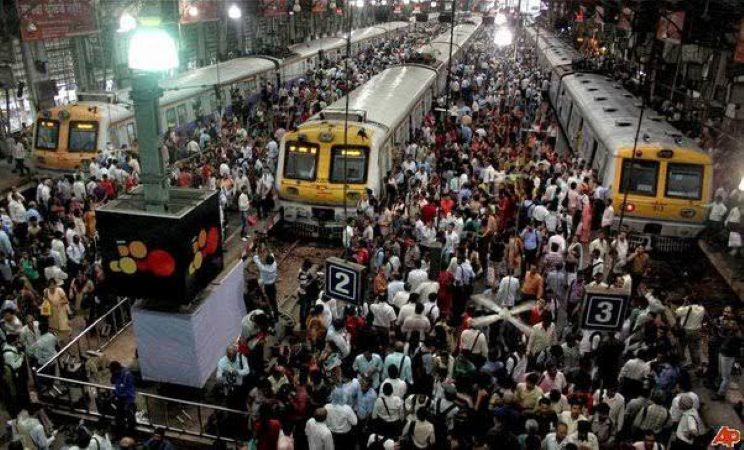Rising crowd anxiety in metros: Experts call for early intervention

Dr Sonal Anand
In India’s bustling cities, often described as places that never sleep, hustle culture defines daily life. The fast-paced lifestyle offers endless opportunities but also brings growing challenges for mental health. Crowded trains, busy markets, and congested public spaces create environments that can be especially difficult for those living with crowd anxiety. More than just occasional nervousness, this condition can trigger intense fear, rapid heartbeat, shortness of breath, and even panic attacks when surrounded by large groups.
Social Anxiety Disorder
Crowd anxiety is commonly linked to social anxiety disorder (SAD) or, in some cases, agoraphobia. For people with SAD, the fear comes from a deep worry about being judged, embarrassed, or scrutinized in public, while those with agoraphobia may feel trapped and helpless in situations where escape seems difficult. In a densely populated city like Mumbai, these challenges are amplified, often leaving individuals feeling isolated and misunderstood.
The first step to tackling crowd anxiety is acknowledging the condition. Many people dismiss these feelings as routine stress, but when fear becomes persistent and overwhelming, it requires timely attention. The good news is that it is treatable.
Coping strategies play a crucial role. Breathing exercises and mindfulness techniques can help reduce the body’s immediate stress response in crowded places. Gradual exposure therapy—where individuals slowly build comfort by starting with smaller gatherings before facing larger crowds—can also make a significant difference. In more severe cases, professional therapy or medication may be recommended as part of treatment.
Open Conversations
Open conversations are equally important. Talking about crowd anxiety helps reduce stigma and normalizes the experience. Many in Mumbai face this, but silence keeps them from seeking help. Supportive families, workplaces, and communities can make recovery easier.
Crowd anxiety does not have to define a person’s life. With early intervention, the right guidance, and steady support, individuals can regain confidence and freedom in public spaces. As Mumbai continues to grow busier, addressing such mental health concerns is key not only to individual well-being but also to building a healthier and more compassionate urban society.
Dr. Sonal Anand, Psychiatrist at Wockhardt Hospitals Mira Road, Mumbai

